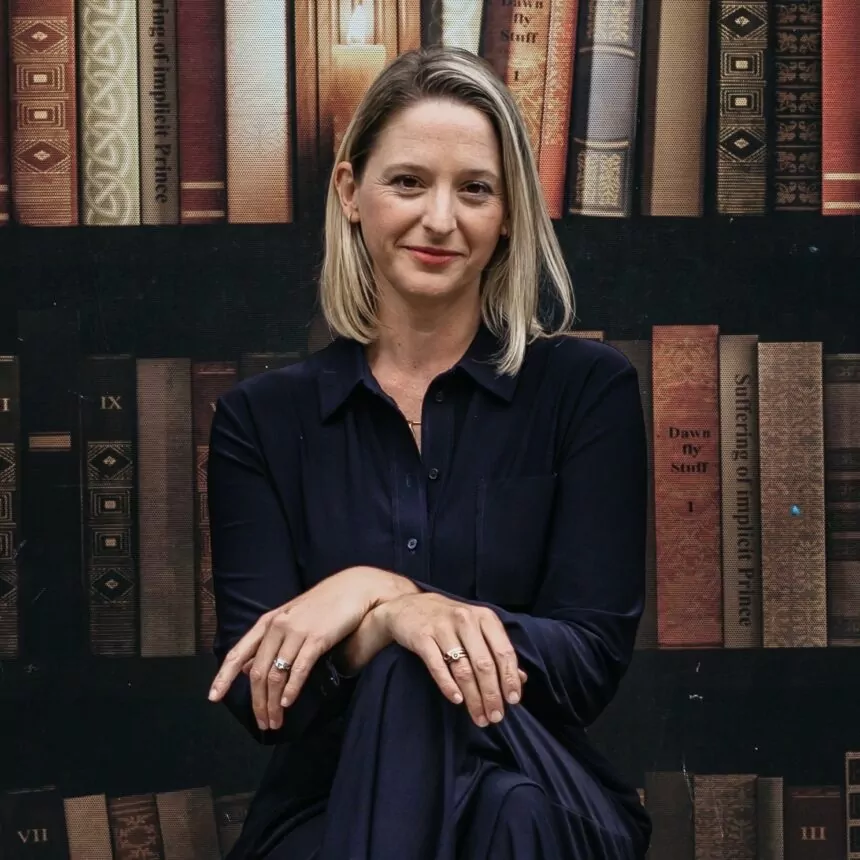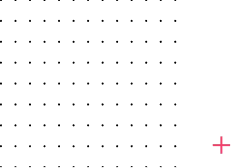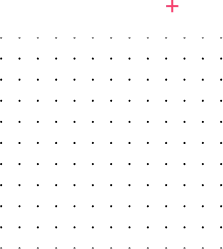Impact Innovators in the Zinc Ecosystem: Louise Van Haarst, Zinc Coach

Louise van Haarst is a leadership, team and executive coach. She runs her own practice, Seven Stories Company, is a partner in leadership development consultancy The Henley Collective, and co-founder of Conflict Consultancy The Power House. Louise has coached founders across three Zinc cohorts, spanning mental health, environment and financial resilience missions, and also works with co-founding teams in the Zinc portfolio.
How do you define your role as a coach?
My role as a coach can encompass a lot of things. When working with Zinc founders, it is mostly as a thinking partner, and founders are able to bring into the space whatever they feel is most important at that time. I work with the whole person. To me this means that although I was brought in by Zinc to support the founders on their entrepreneurial journey, coaching sessions often reach beyond their role as a founder. If there is something present in the founder’s life that is holding them back or on their mind, they’re able to bring that into our work together.
What did your career path look like prior to becoming a coach?
I started my career in the NGO and not for profit sector. I began as an international fundraiser, became a corporate fundraiser, and then accidentally ended up supporting one of the first major mergers of two big charities in the UK. I learned a lot through that project and got a taste for the strategic and people side of organisations. This led to me becoming a restructure and change management consultant, supporting CEOs through some of their most difficult times.
What drew you to a career in coaching?
I loved my work and after having had my eldest two children, realised I couldn’t really go back to being the machine that I needed to be as a consultant. I thought very hard about what it was that I really enjoyed, and realised I loved working with the chief execs, leadership teams, and boards, helping them in difficult times with mindset, communication, conflict and limiting beliefs. This led me to retrain as an executive coach at Henley Business School, then continuing to train as a systemic team coach. I think coaches never really stop wanting to learn!
What excited you about the Zinc coaching network?
The calibre of the participants is very exciting because it’s such a competitive program. Zinc gets huge numbers of applications from many brilliant, diverse founders who really care about the work they’re doing. This really connects with me and where I started in my career in the NGO sector. When I finished university, I didn’t know what I wanted to do, but I had a very strong feeling that whatever it was, I didn’t just want to just make money for shareholders. There had to be some purpose driven element to it. Zinc’s mission driven culture, as well as the focus on excellence, really speaks to me.
What are some of the common themes you help founders to work on?
Working with founders both through Zinc and outside it, there are definitely some core themes that arise. The big one is around co-founder relationships. Sometimes there is an avoidance of difficult conversations and sometimes there is conflict in the more classic sense, with people butting up against each other. Entrepreneurship can be high pressure and the Zinc programme is fast paced. People have a lot of hopes and expectations and therefore emotions can run quite high at times. Another key challenge I see is a misalignment of purpose or differing levels of ambition between two founders. For example some people want to get right out there and earn millions, and other people are motivated by different things.
On an individual level some recurring themes I work with founders on are things like public speaking, anxiety and imposter thoughts. Programmes like Zinc can be intense and people push themselves hard. Moments of self doubt are very common, more common than most people realise. Another recurring topic is the role that Zinc plays in their overall journey as a founder. When you’re in it, it can feel really long, but in the bigger picture it’s quite a short snapshot in time. I often work with founders around how to use the Zinc platform most effectively, thinking about it in the context of their longer-term career trajectory and entrepreneurial journey.
What does “success” look like when working with a coaching client?
This is a great question as progress can look very different depending on what the founder is bringing to coaching at the time. The best way to make sure we’re making positive progress is to check-in with the client to make sure they feel like we’re making progress. And if they don’t, we will think about how we work together and try other approaches until we get it right. Sometimes success can look like something quite remarkable, perhaps they overcame a specific challenge they never thought they would be able to or they completed a successful fundraising process. Sometimes however it can be a more subtle movement forward or mindset change in a way that’s important to them. Success is entirely individualised. It is not necessarily for me to decide what success is, but for the client. But for me as a coach, if a client hasn’t moved forward in some way that is meaningful to them, then we’re probably not finished with the work yet.
What impact do you want to have over the next ten years?
Fundamentally my personal sense of mission with coaching executives, founders and teams is my belief that all of us need to be better humans. I hold this at the core of the work I do with all of my clients, asking myself “how can I help each individual be the very best version of a human that they can be?”. At the heart of this for me is the idea of “regenerative leadership”. Purposeful and empathic leadership that restores and enhances people, society and the environment, rather than being extractive or simply existing to maximise shareholder value. It’s that sense of being a good human for me that really intersects with the mission of Zinc.
Who inspires you in your professional or personal life?
I get really inspired by my clients on a daily basis. The nature of our relationship means I get to see facets of them that they probably don’t show many other people. And I never fail to be inspired by clients’ abilities to grow and evolve, sometimes in a really compressed period of time. Or completely overturn behaviours, habits or a mindset they’ve perhaps had their entire lives. I feel like I’ve learned an enormous amount from working with founders in the Zinc ecosystem and it has been really instructive to my own practice as a coach. This work has helped me develop my thinking and knowledge around what it really means to be a startup founder.
What are you currently excited about?
I have been working with my colleague and fellow Zinc coach, Alice Driscoll, to develop some new programs around constructive conflict and conflict as a catalyst. We were fortunate to be able to come in to share it with the current Zinc cohorts recently, and we got some fantastic feedback from participants. I’m really excited about the potential impact that a focus on constructive conflict can have for founders and leaders. The ability to navigate difficult conversations in a way that doesn’t damage relationships can significantly improve and strengthen your co-founder relationship. I’m also really excited about some new team coaching programs that I’m developing for scale-ups and more established businesses. These are focussed on the principles of regenerative leadership and the organisational impact that can be achieved by viewing leadership and change through a regenerative lens.
What advice would you give to someone considering joining the next Zinc mission?
I would say do it! Absolutely go for it! To get the most out of the platform, be really clear what this journey means to you as an individual, where you want to take it, and where you would like it to take you. Write that down somewhere and come back to it as you go through the program. Zinc’s venture builder is a really exciting environment, it’s high energy with lots of ideas flying around so it’s really important to stay grounded in what is personally important to you and come back to that. Also be really honest with people you’re thinking of working with about what is in your heart and how you’re feeling. If you can hold on to that, you are likely to have a really great Zinc experience, and hopefully find a co-founding pair that really works for you.
What advice would you give other mission-driven coaches considering joining the Zinc coaching network?
Again I would absolutely say do it. And be prepared to bring your A-game! These are incredibly smart people with big ambitions on an important mission. As coaches, it’s essential that we bring our fullest self and best practice into the space. And also remember to enjoy it. You’ll meet some amazing people that you’ll hopefully continue to have relationships with in one way or another over the years. It is quite a special place to be in terms of the energy and people involved. Everyone who is involved is there because they genuinely care about the mission and innovating to make the world a better place. This energy invites us as coaches to bring our best selves into that mission, too.
Join our next venture builder on Improving the Health of People and the Planet now! Find out more on our website and apply today.
Join the Zinc community
Stay up to date with all Zinc updates and future posts as part of our fast growing community.
Featured Resources
Zinc Impact Report 2024
Zinc’s mission is to make the UK the best place to successfully start a venture which can have a massive impact on the health of people and the planet.
Increasingly, we are building deeper science ventures that serve global, industrial customers in environment and health, giving access to impact at a global scale.
Our 2024 Impact Report explores the challenges that need to be tackled to empower and enable talented founders from around the world to solve critical health and environmental challenges at scale, from here in the UK.
This report showcases success stories from the Zinc portfolio, and highlights how Zinc – and our growing community of hundreds of Founders, Fellows, Coaches, Partners and Funders – are working together to build a world-leading “Science-for-Impact” ecosystem for inception stage ventures in health and environment.
Impact Report 2023
We started Zinc with the hypothesis that missions are an effective way to attract highly ambitious, talented and experienced groups of innovators, who might not recognise themselves as “classic entrepreneurs” but are ready and able to start a new commercial and successful venture to tackle some of our most pressing societal issues.
The world has overcome the sorts of challenges we face today when it has adopted a mission-based approach to the biggest problems and brought together world-class talent to invent and innovate, e.g: NASA and landing a man on the moon, the LSE blueprinting the British welfare state, or the Gates Foundation aiming to eradicate diseases.
On this basis and assumption, we designed Zinc as a new mission-based Venture Builder — a place where global talent, ‘impact makers’, can join to experiment and develop new solutions to our most pressing societal issues.


